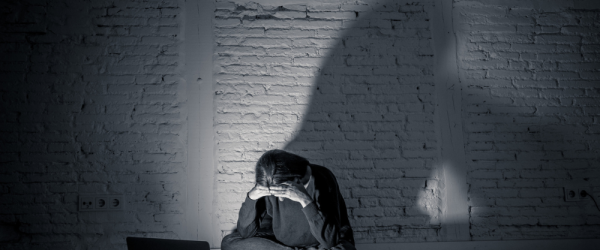Have you heard of the U.K.’s Digital Economy Bill?
The bill’s stated purpose is “to provide for restricting access to online pornography,” among other provisions. The bill would give the British Board of Film Classification (BBFC), an independent film rating and classification organization akin to the Motion Picture Association of America (MPAA), the power to require internet service providers block any website that does not verify viewers are adults before displaying adult content. The BBFC’s jurisdiction would extend to pay sites, tube sites and other methods of content distribution whether originating within the U.K. or any other country. If the bill passes without amendment, it will apply to social media services, too.
TechCrunch recently reported that, during a debate in the U.K.’s Second Chamber, Liberal Democrat Member of Parliament Baroness Benjamin said, “There has been some debate about the scope of Clause 15 and the ancillary service providers, but it seems clear to me that social media should be covered by this, too.”
User-generated-content sites like Twitter and Snapchat would be considered ancillary service providers under the bill. As such, unless a social media service is able to prove it is free of whatever content constitutes “pornography” — a near impossible task for any platform — it will be subject to the bill’s age-verification requirements.
Further, it was confirmed in the same debate that the bill is concerned with ancillary service providers over and above porn-specific adult websites. In other words, if there’s “pornography” on Twitter, Twitter will be required to verify users’ ages or be blocked — and the U.K. government is ready to ensure compliance.
I’m guessing the preoccupation with social media sites is because of the broader scope of users, and thus higher likelihood of underage users, that frequent those platforms.
However.
Though this means that U.K. legislators are more concerned with Twitter than they are with, say, the network you cam on, this also means that anyone using Twitter will have to participate in an age-verification process used to filter “pornography.” And given wider social stigma associated with porn consumption, this guilt-by-age-verification-association stands to impact a lot of users.
In light of the Digital Economy Bill, the cam industry is about to be faced with some serious issues. If the U.K. government is honed in on ancillary service providers like Twitter or Snapchat — above and beyond straight-out porn sites even! — what will this do for models’ self promotion? Will these sites change their terms of service, gentling allowed content down to an Instagram or Facebook level in order to avoid the kiss of age-verification death? Will of-age users refrain from even a cursory look into something racy or sexy (or banal) on Twitter for fear of privacy catastrophes that are always just a hack away?
Think about this statement from the Earl of Erroll, also reported by TechCrunch: “Imagine the fallout if some hacker found a list of senior politicians who had had to go through an age-verification process on one of these websites, which would mean they had accessed them. They could bring down the Government or the Opposition overnight.” The Earl went on to reveal that he had shied away from even trying to look up statistics about the demographic breakdown of online porn use in the U.K., presumably because he was afraid of what it would do to his browser history.
As a cam community, we must be mindful of sex-phobic censorship, both in terms of how it may specifically impact bottom lines and, perhaps even more importantly, how it may spark copycat legislation.
More discussion of this bill and social media on TechDirt here.
Note: “Pornography” is in sarcastic air quotes throughout this post because the U.K.’s concept of what constitutes porn is very murky and arbitrary. Yet another issue!
—
Do you know about a seriously ridiculous law or regulation? Email erika@ynotcam.com and let her know.











[…] increasingly taken a heavy-handed approach to regulating sexual commerce,” including the U.K.’s Digital Economy Bill, which would require adults to verify their ages with the government before they’re allowed […]
[…] is a particularly worrying development for adult businesses, considering the Digital Economy Act 2017 recently became law in the U.K. The legislation censors and restricts access to all adult internet […]